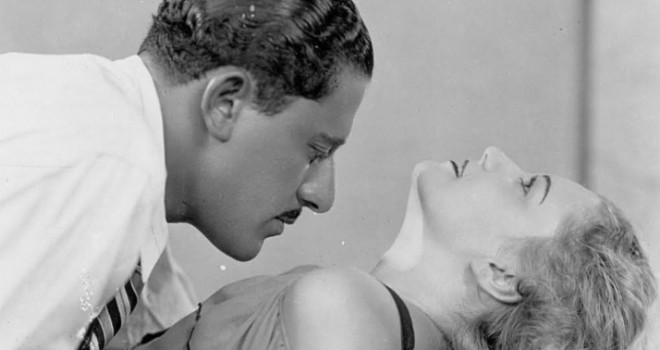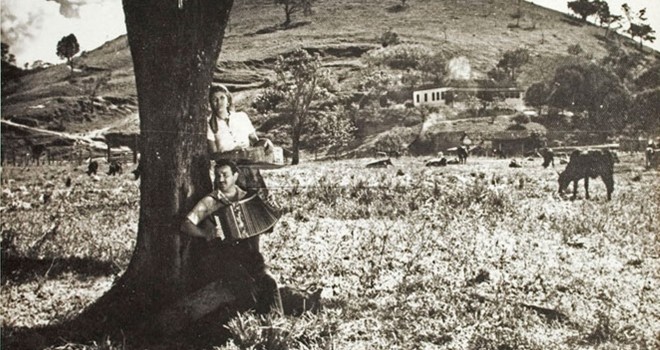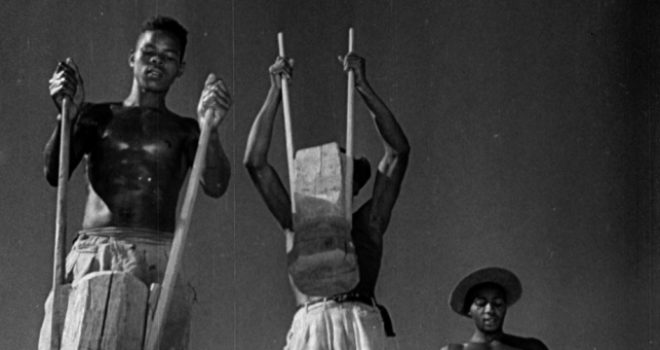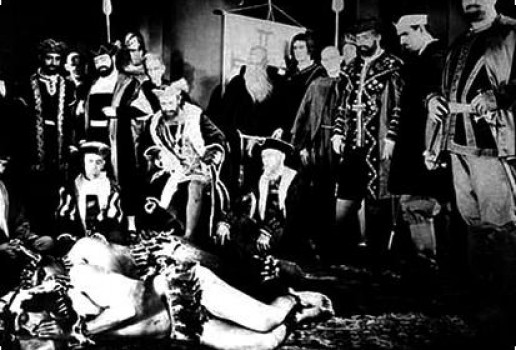Like any Brazilian film-maker, I am much indebted to Humberto Mauro’s cinéma. Because it helps us learn to look and feel just as we look at and feel, deep in our lives, this part of the world where God put us. I must also add that I was overjoyed with the generosity of the master on a number of occasions -the first one being when I was preparing my first film Rio, 40 Graus (Rio, 40 Degrees), a wholly amateur production with very limited resources and made by a group of young people including photographer Hélio Silva, one of Mauro’s collaborators at the National Educational Film Institute. Mauro had taken a liking for our enthusiasm and lent us the camera we were missing, a Debrie L, a French machine from the silent period which had been turned into a sound camera.This was the decisive contribution which got the production started. I enjoyed Mauro’s second collaboration when he offered to write the dialogue for Como Era Gostoso o Meu Francês! (How Tasty Was My Little Frenchman !) in Tupi, the 16th-century Tupinambás language. Among the many activities Mauro dedicated himself to apart from cinéma (electricity, mechanics…), he was studying this language. He even published a glossary of Tupi terms used by the first Brazilian epic poets… I remember working sessions at his place where, on top of writing the dialogue for my film, he would give excellent advice filled with humour and irony. Oh, and I owe something else to Humberto Mauro – how to really appreciate good cachaça…
Nélson Pereira dos Santos
Humberto Mauro is the primal figure of that cinema in Brazil. To forget Humberto Mauro would be like forgetting Gregório de Mattos, Gonçalves Dias, Cláudio Manuel da Costa, Jorge de Lima, Drummond and Cabral in the evolution of our poetry, as well as José de Alencar, Raul Pompéia, Lima Barreto, Machado de Assis, José Lins do Rego, Graciliano Ramos, Jorge Amado, Guimarães Rosa, Lúcio Cardoso, Adonias Filho in the evolution of our novel. To forget Humberto Mauro today-and to overlook his work as the unique and most powerful expression of new cinema in Brazil – would only be a suicidal attempt to start from scratch towards a future of sterile experiences out of touch with the vivid sources of our sad and famished people, yet living in an exuberant landscape.
Gláuber Rocha





